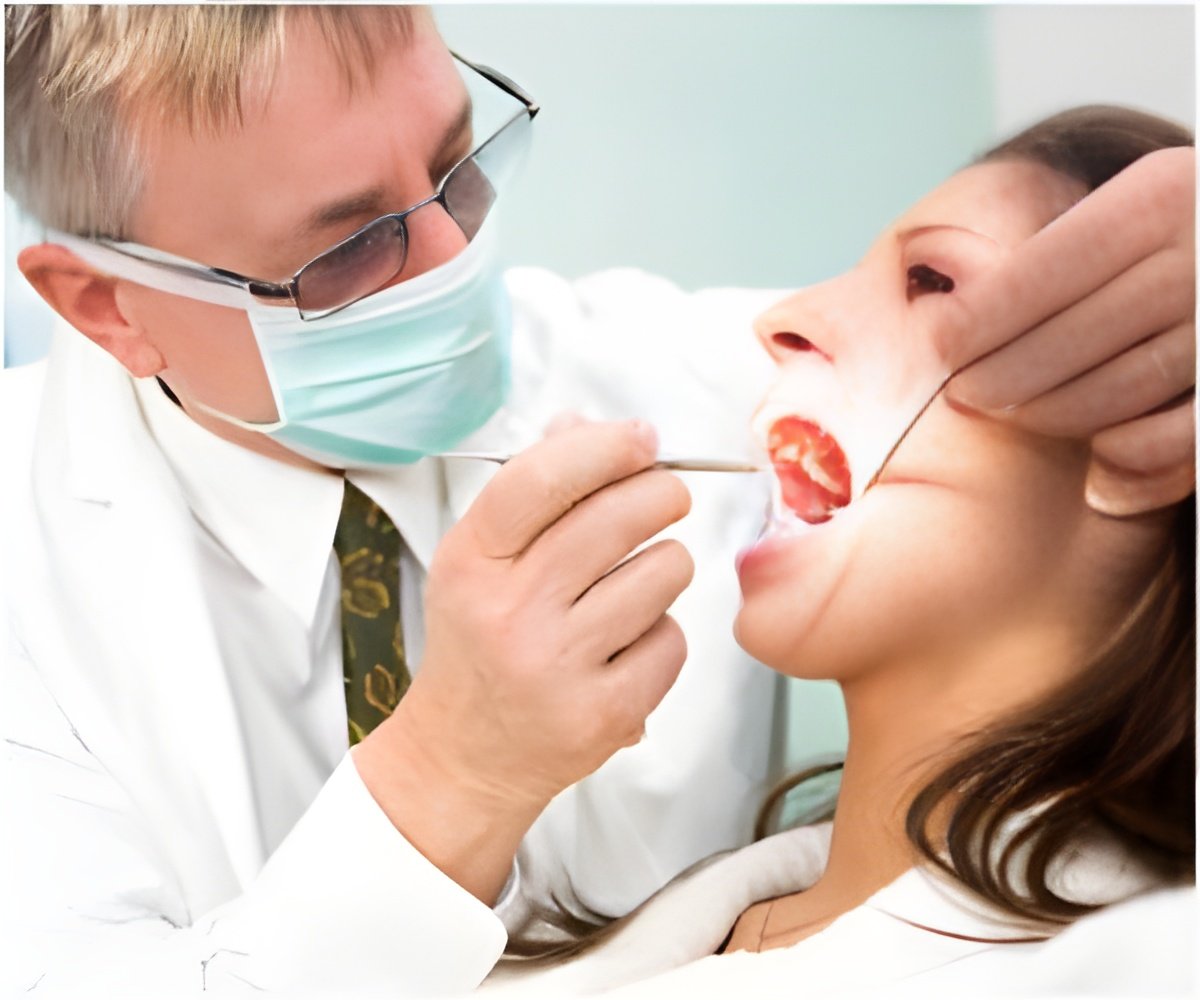About 26% of the patients who experienced intracerebral hemorrhage were found to have a specific bacterium in their saliva, cnm-positive Streptococcus mutans.

‘Oral health is important for brain health because oral bacteria are involved in certain types of stroke such as brain hemorrhages and strokes that lead to dementia.’





Robert P. Friedland, M.D., the Mason C. and Mary D. Rudd Endowed Chair and Professor in Neurology at the University of Louisville School of Medicine, was a co-author of the study, published online in Scientific Reports, a journal of the Nature Publishing Group. In the single hospital study, researchers at the National Cerebral and Cardiovascular Center in Osaka, Japan, observed stroke patients to gain a better understanding of the relationship between hemorrhagic stroke and oral bacteria. Among the patients who experienced intracerebral hemorrhage (ICH), 26 percent were found to have a specific bacterium in their saliva, cnm-positive S. mutans. Among patients with other types of stroke, only 6 percent tested positive for the bacterium.
Strokes are characterized as either ischemic strokes, which involve a blockage of one or more blood vessels supplying the brain, or hemorrhagic strokes, in which blood vessels in the brain rupture, causing bleeding.
The researchers also evaluated MRIs of study subjects for the presence of cerebral microbleeds (CMB), small brain hemorrhages which may cause dementia and also often underlie ICH. They found that the number of CMBs was significantly higher in subjects with cnm-positive S. mutans than in those without.
The authors hypothesize that the S. mutans bacteria may bind to blood vessels weakened by age and high blood pressure, causing arterial ruptures in the brain, leading to small or large hemorrhages.
Advertisement
Multiple research studies have shown a close association between the presence of gum disease and heart disease, and a 2013 publication by Jan Potempa, Ph.D., D.Sc., of the UofL School of Dentistry, revealed how the bacterium responsible for gum disease worsens rheumatoid arthritis.
Advertisement
"We are investigating the role of oral and gut bacteria in the initiation of pathology in the neurodegenerative disorders Alzheimer's and Parkinson's with collaborators in the United Kingdom and Japan."
Source-Eurekalert















